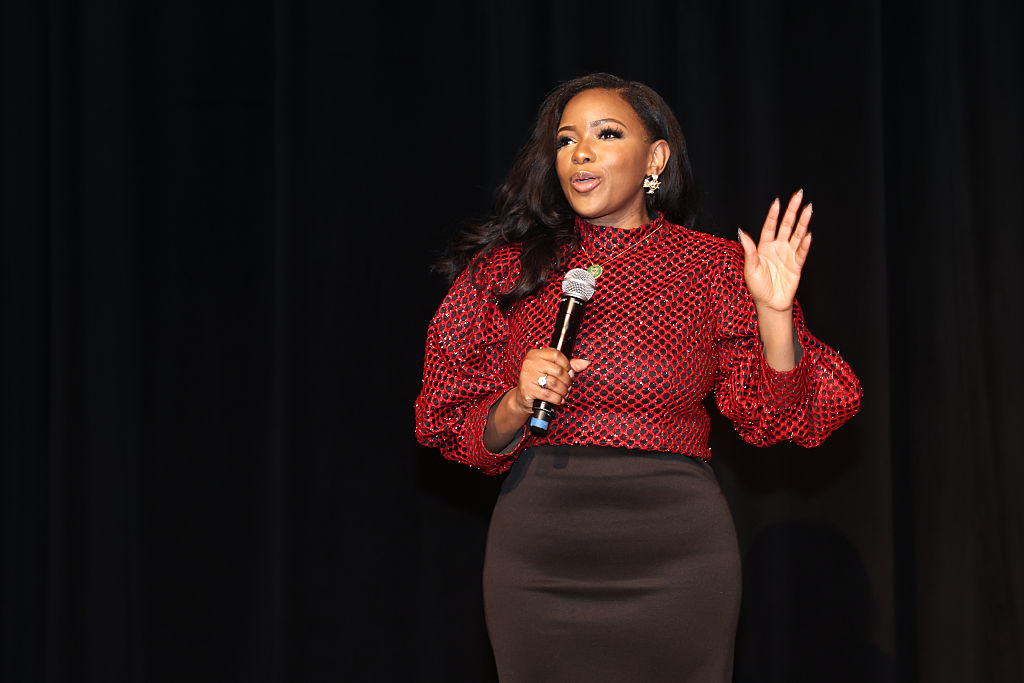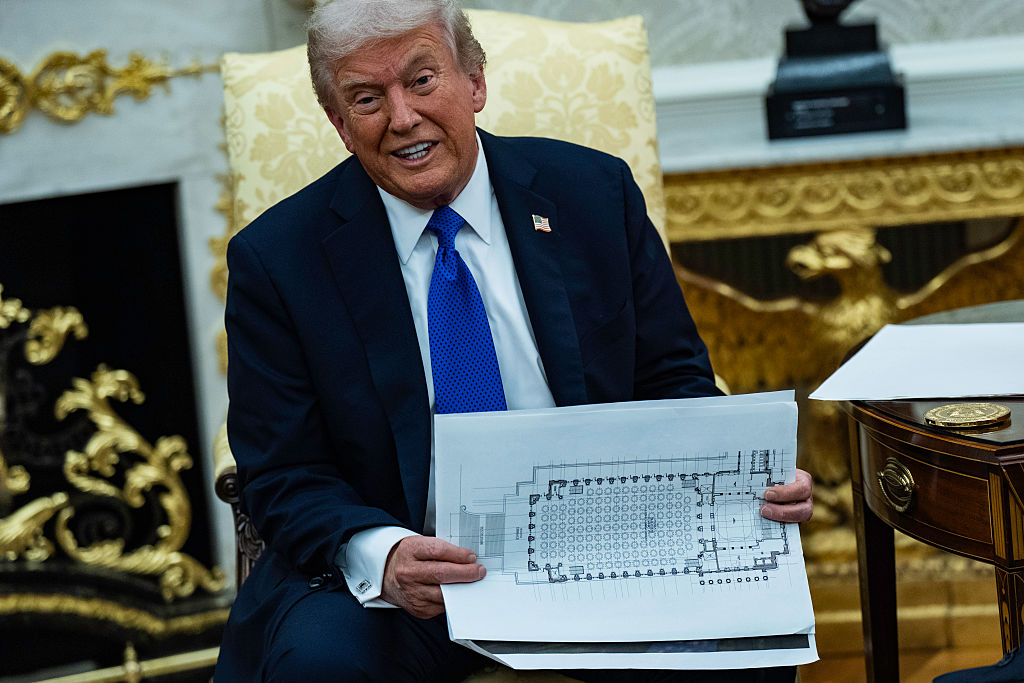Successful Economic Boycotts Require Sustained Strategy

There’s no denying the power of economic boycotts, just ask Target. Six months into the Target Boycott, and the retail giant continues to post losses after caving to the Trump administration’s anti-DEI attacks. While some of the decline is attributed to other industry issues, the impact of the boycott cannot be denied.
Recently, American Eagle drew sharp criticism for a recent ad campaign highlighting blonde hair and blue-eyed genes to sell its blue jeans. Despite celebratory posts about American Eagle’s genius from white marketers across platforms, recent reporting from Forbes indicates foot traffic took a dramatic decline after the campaign’s launch. Appeasing far-right tech bros and online traders may not have been the payoff the brand hoped for.
Economic boycotts have a long history in American politics as a means of driving change and bringing entrenched power structures to their knees. For years, groups have pushed boycotts of companies connected to the American Legislative Exchange Council (ALEC) and the products they produce. Black-led labor organizing efforts have called for boycotts of fast food restaurants, Amazon, and other corporations over pay, working conditions, and other issues impacting our communities.
Combined with other tactics like mass protests and divestment efforts, economic boycotts can ground a strategic response to growing authoritarianism and anti-democracy shifts across American politics. Given corporate America’s swift turnaround nearly five years after pledging commitments to addressing enduring racism, groups like Black Voters Matter are calling for increased strategic response to sustain opposition.
Led by Black Voters Matter’s senior policy manager, Rhyane Wagner, the organization convened a panel of southern-based organizers to contextualize the moment and offer tips for organizing forward. Wagner described the conversation as a “safe space for righteous rage,” focusing on boycotting and divestment in the current era.
Reflecting on the Target boycott, she said it struck a chord because of what seemed like a deep investment and commitment to Black brands, consumers, and entrepreneurs.
“They seemed, on the surface, incredibly invested in black entrepreneurs right outside of the rollout of Black History Month merch,” Wagner said. “Only to turn around in 2025 and they’re like ‘psych we lied’ and stood 10 toes down on it as well. And now they’re finding out how powerful the Black buying power really is now that we’ve separated ourselves from Target.”
Early in the discussion, North Carolina-based organizer Bree Newsome reflected on the end of Apartheid South Africa.
“With Apartheid South Africa, we knew that we were like, moving towards that moment,” she said.“And it was ultimately the economic organizing that ended apartheid.”
Arguably one of the most successful global boycott, divestment, and sanctions efforts, the movement to end Apartheid in South Africa took sustained engagement across communities and over decades. How to sustain deep movement engagement amid authoritarian takeovers can be a tall order.
Florida State Sen. Shevrin Jones said that sustainability requires getting serious about who is put forth to sit at the table. He said those standing up as leaders in this moment need to take a page from “Profiles in Courage.”
“Truth be told, symbolic gestures are not allyship,” he said. “The real commitment requires policy change. It requires budget shifts. It requires courage and what’s unpopular, and the only way that happens is those individuals sitting at the table.”
Jones continued to say that it’s also necessary to build a bench “because we can’t sustain what we can’t control.”
Echoing a similar point, former Florida State Sen. Dwight Bullard called Black consumers in the United States “the most economically aggressive buyers” globally.
He said that while there are high-profile events like Afro Tech and Essence Fest, there needs to be a similar energy as we’ve seen with Target to build spaces for Black vendors and consumers. Bullard encouraged folks to consider the power of cooperatives.
“Whatever you want to call the cooperative economics that Black folks have been doing forever, we need to do that more often and with greater regularity,” he said. “We have to tap more into this notion of being more cooperative with our economics.”
Watch the full teach-in panel here.
SEE ALSO:








